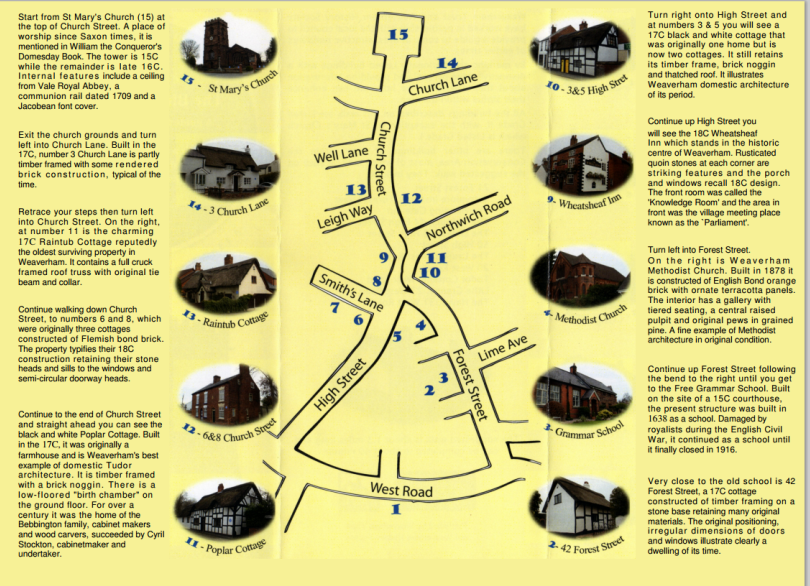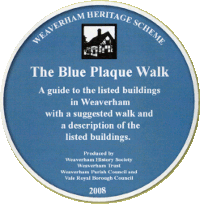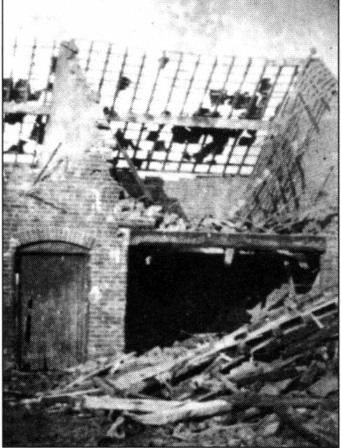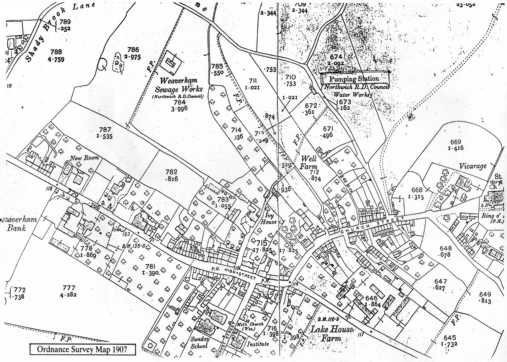Private Arnold Robinson
You may have been aware of the recent events to commemorate the first day of battle of the Somme on the 1st of July. Perhaps you saw young men in World War 1 uniforms in Northwich, each representing one of the 19,240 men from the British forces who died on…





